MSc in Sustainable Urban Development
Course details
Address the critical, urgent challenges we face to make our cities more liveable, just and sustainable in a challenging global environment.
The MSc in Sustainable Urban Development is a transformative two-year part-time programme for working professionals across the globe. Taught by experienced faculty from Oxford University, known for its research excellence and impact, you will gain a greater understanding of the tools and methods available to develop solutions that address the critical, urgent challenges we face to make the urban environment more liveable, just and sustainable for the future.
With teaching weeks in Oxford and London, the programme covers a wide range of interdisciplinary subjects, ranging from climate change to sustainable transport. Urban development in both the Global North and the Global South is explored with a critical eye on the origins of problems and workable solutions.
The programme runs in partnership with The King's Foundation and is an accredited course within the Royal Institution of Chartered Surveyors (RICS) University Partnership.
We offer you the opportunity to join a knowledgeable global community with truly diverse perspectives, embedded in a world-class university, tackling world-scale urban problems which have local impact.
Over the past 15 years, more than 300 students and alumni have been part of the programme, from over 60 countries worldwide.
Information webinar
Catch up on our 45-minute webinar with Course Director, Dr Patricia Canelas. During this session, Dr Canelas provided an overview of the course, covering course structure, scholarships and the application process.
Quick links
- How you will study
- The course in detail
- Associated organisations
- Oxford college affiliation
- Teaching staff
- Resources and facilities
- Application details – including when to apply, fees, funding and entry requirements
- Contact information and mailing list
- Student spotlights
Who is this course for?
The MSc is designed for those working in a range of urban contexts worldwide, whether in public, private or third-sector organisations. Students can combine postgraduate study with their professional lives. The course attracts a lively and engaged group of students, who come from a wide range of countries and share a variety of work experiences in urban development and the built environment. The course fosters collaboration, creativity, perspective-sharing and networking skills. There is also an active alumni network.
While the MSc in a stand-alone qualification, it can also be used to prepare students to undertake doctoral work – for instance, by progressing to the Department's part-time DPhil in Sustainable Urban Development.
How you will study
The MSc is taught through eight intensive residential teaching weeks, six in Oxford and two in London. It is delivered through a mix of teaching and learning methods, including seminars, site visits, peer review, group workshops and tutorials. Classes are seminar-based, encouraging active participation and enabling students to learn from each other. You will prepare for sessions by reading a selection of recommended books, book chapters and articles.
Typically, there are six to eight weeks between each teaching week, and you should expect to spend an average of 20 hours per week on independent study.
You will be allocated a course tutor who will support your academic development, and who you will meet during each teaching week. In the second year, you will be allocated a dissertation supervisor from the course team.
The course in detail
Course aims
The course aims to provide students with:
- a systematic understanding of core areas and advanced topics in sustainable urban development
- the ability to evaluate empirical or primary evidence critically
- the conceptual understanding to marshal and present arguments and solutions based on data, theory and the application of sound reasoning.
Course content and structure
The course comprises four elements:
- core themes
- urban theory
- research methods
- the dissertation
You will attend eight intensive residential teaching weeks during the two years of study. Two of these eight teaching weeks are held at the offices of The King's Foundation in London. The remaining six are held in Oxford at the Department for Continuing Education. Each week addresses a core theme of the course.
Year 1:
- Introducing Sustainable Urban Development (Oxford)
- Climate Change and the Built Environment (Oxford)
- Place-making and Urban Design (London)
- Financing Sustainability (Oxford)
- Sustainable Transport (Oxford)
Year 2:
- Urbanism, Community and City-Building (London)
- Urbanisation in the Global South (Oxford)
- Leadership, Governance and Future Cities (Oxford)
During teaching weeks, you will also follow foundation courses in urban theory and research methods tailored to sustainable urban development, comprising sessions on the intellectual history of sustainable urbanism, paradigm shifts and challenges in sustainable development, urban economics, research design, research ethics and preparation, bibliography and library resources.
Assessment
For each teaching week, you will complete an essay of up to 3,000 words on that theme. The first essay is formative and will provide you with valuable feedback at the start of your studies. The remaining seven essay assignments are summative.
You will spend the latter half of the second year working on a 15,000-word research dissertation. You will define your own dissertation topic, with the guidance of your supervisor. Training in research skills is built into the course delivery, in order to help you make the most of this opportunity.
Associated organisations
The programme runs in partnership with The King's Foundation and is an accredited course within the Royal Institution of Chartered Surveyors University Partnership.
Oxford college affiliation
As a matriculated postgraduate degree student, you will become a member of one of the University’s multidisciplinary colleges, enabling you to encounter new perspectives in your field or learn more about many other different subjects from fellow college members.
The collegiate system makes studying at Oxford a truly special experience. Oxford colleges are a friendly and diverse communities, where you could find yourself absorbed in fascinating conversations with students and academics from a variety of disciplines at college seminars, dinners, and informal occasions.
For a list of colleges that accept students on the MSc in Sustainable Urban Development please see the 'college preference' tab on the Graduate Admissions course page.
To find out more about Oxford University colleges, please consult the University's Graduate Admissions website.
Teaching staff
The MSc is delivered by tutors from institutes and departments across the University of Oxford, and in collaboration with a comprehensive range of commercial, governmental and non-government organisations specialising in sustainable urban development.
Departmental teaching staff are listed below, with full details available on our MSUD academic staff page.
Course Director
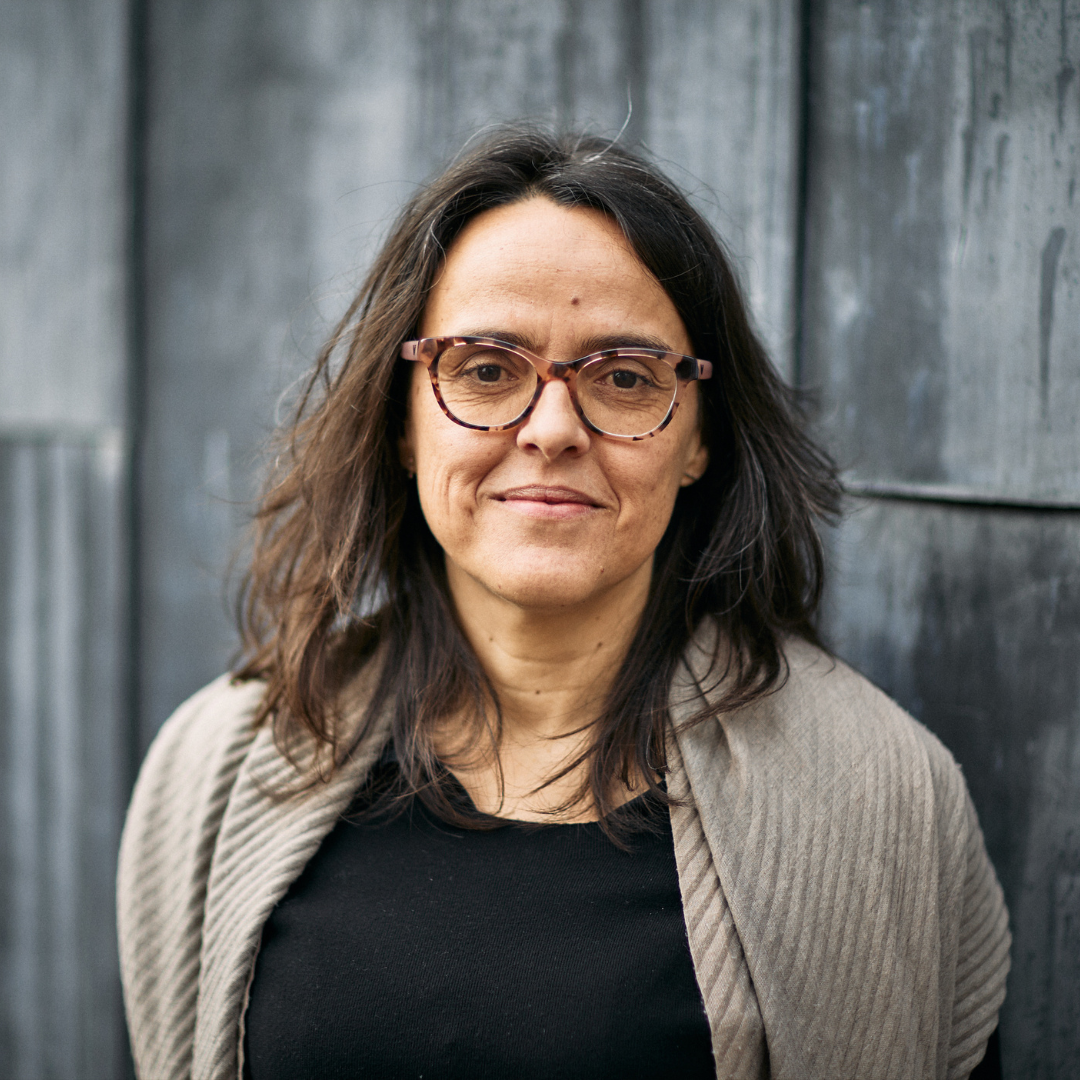 Dr Patricia Canelas, Course Director and Departmental Lecturer
Dr Patricia Canelas, Course Director and Departmental Lecturer
Keywords: Planning and governance; real estate; place-making; value creation and capture.
Other core teaching staff
 Professor Nigel Mehdi, DPhil Course Director, Departmental Lecturer
Professor Nigel Mehdi, DPhil Course Director, Departmental Lecturer
Keywords: Economics of sustainability; urban economics; real estate markets, smart cities and big data.
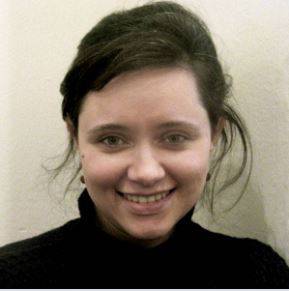
Keywords: Transport and mobility; inequalities and development planning; infrastructure investments; labour markets and urban accessibility.
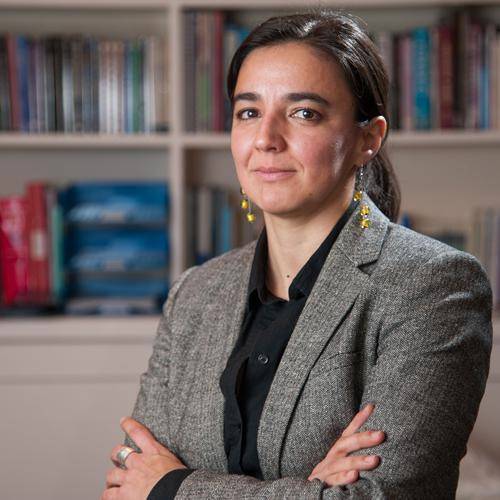 Dr Idalina Baptista, Associate Professor
Dr Idalina Baptista, Associate Professor
Keywords: African urbanization; urban planning and governance; energy infrastructure; urban theory.
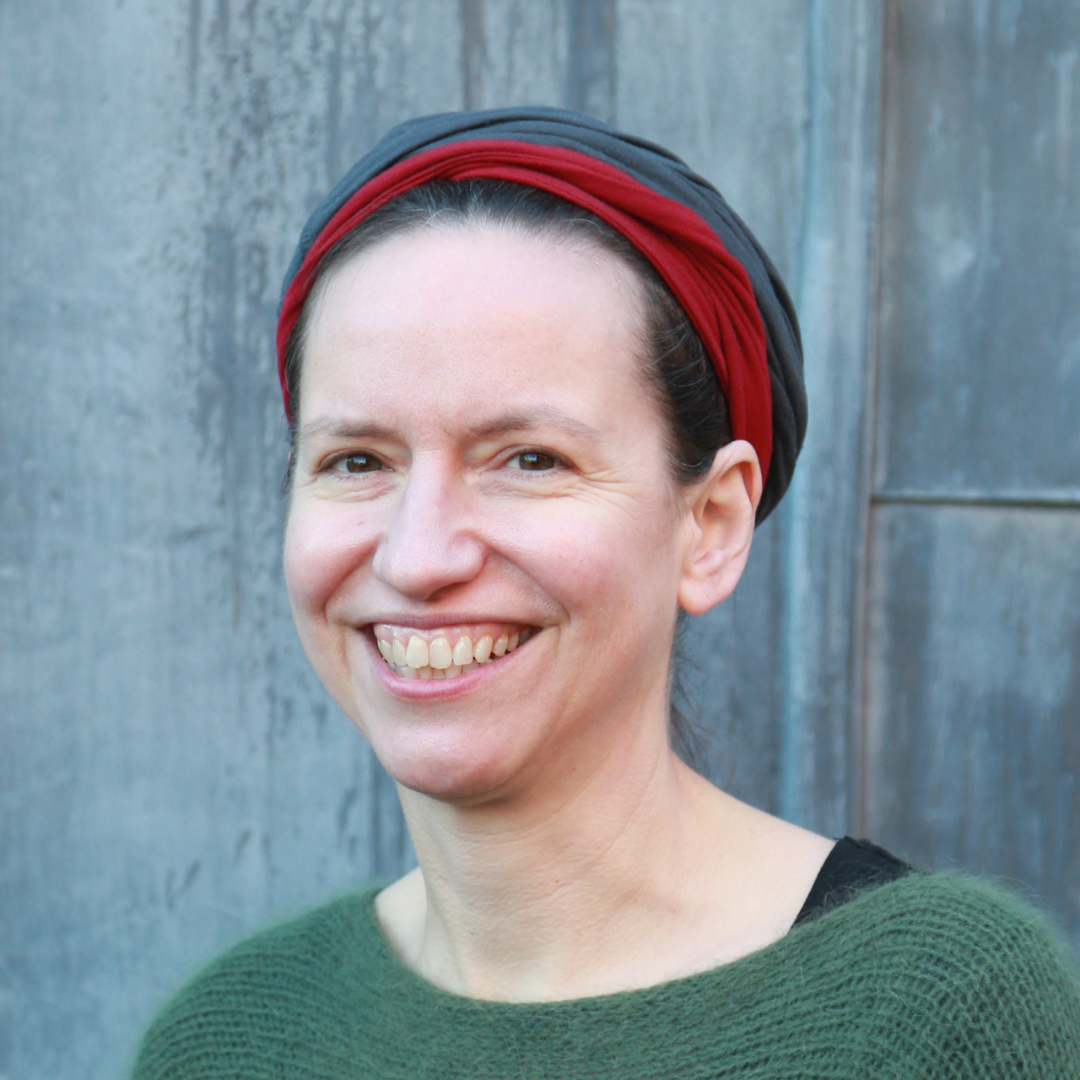 Dr Francesca Froy, Departmental Lecturer
Dr Francesca Froy, Departmental Lecturer
Keywords: Urban morphology, evolutionary economic geography, governance, skills, network analysis.
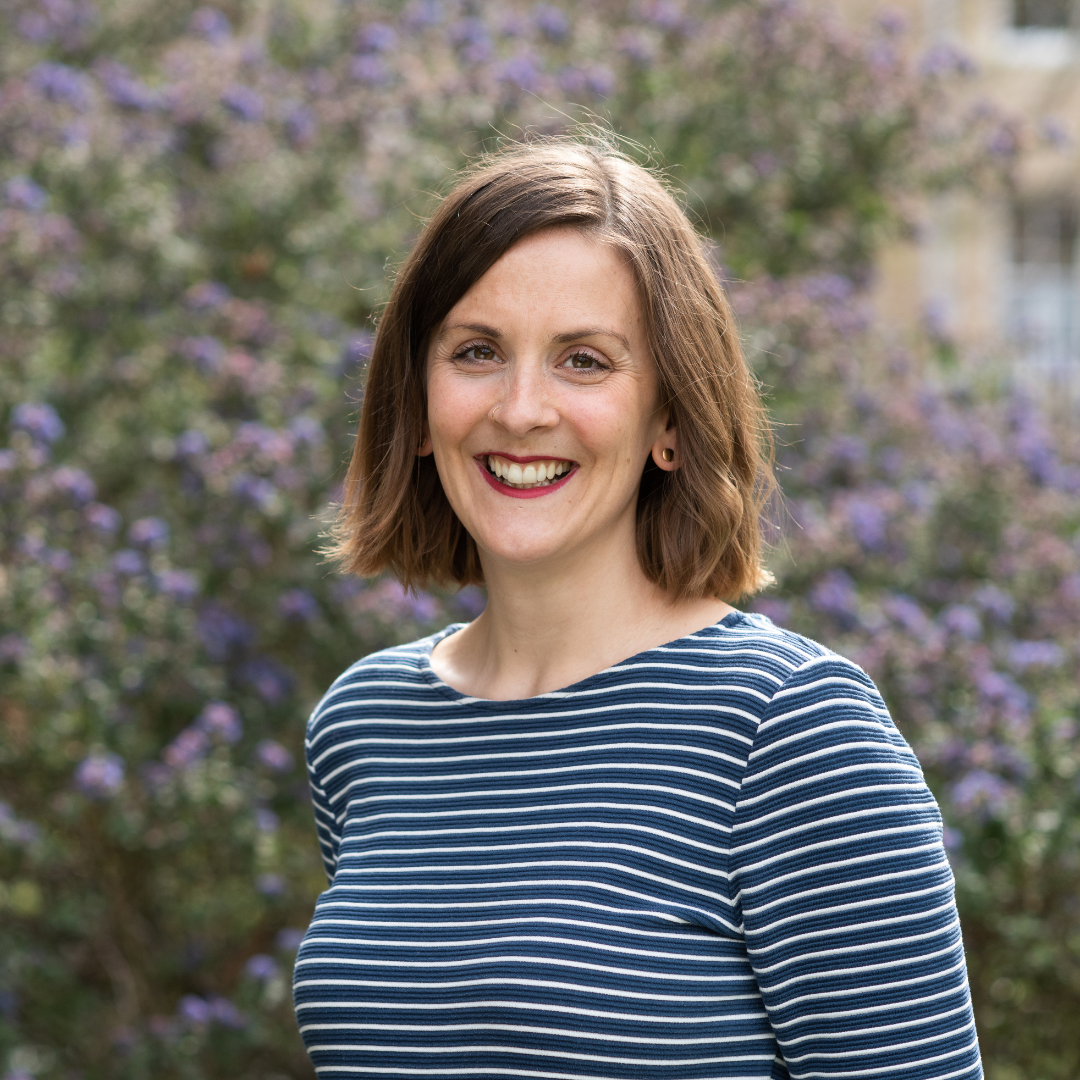 Dr Debbie Hopkins, Associate Professor
Dr Debbie Hopkins, Associate Professor
Keywords: Transport and mobilities; sustainable tourism; low carbon transitions; work and labour; infrastructures; energy systems.
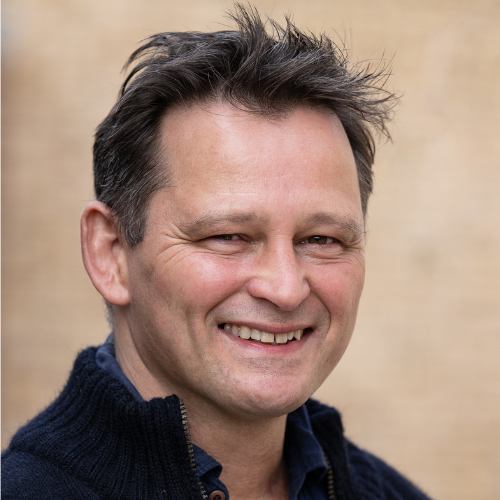 Dr David Howard, Director of Studies and Associate Professor
Dr David Howard, Director of Studies and Associate Professor
Keywords: Latin American and Caribbean urbanization; social sustainability; housing and urban livelihoods.
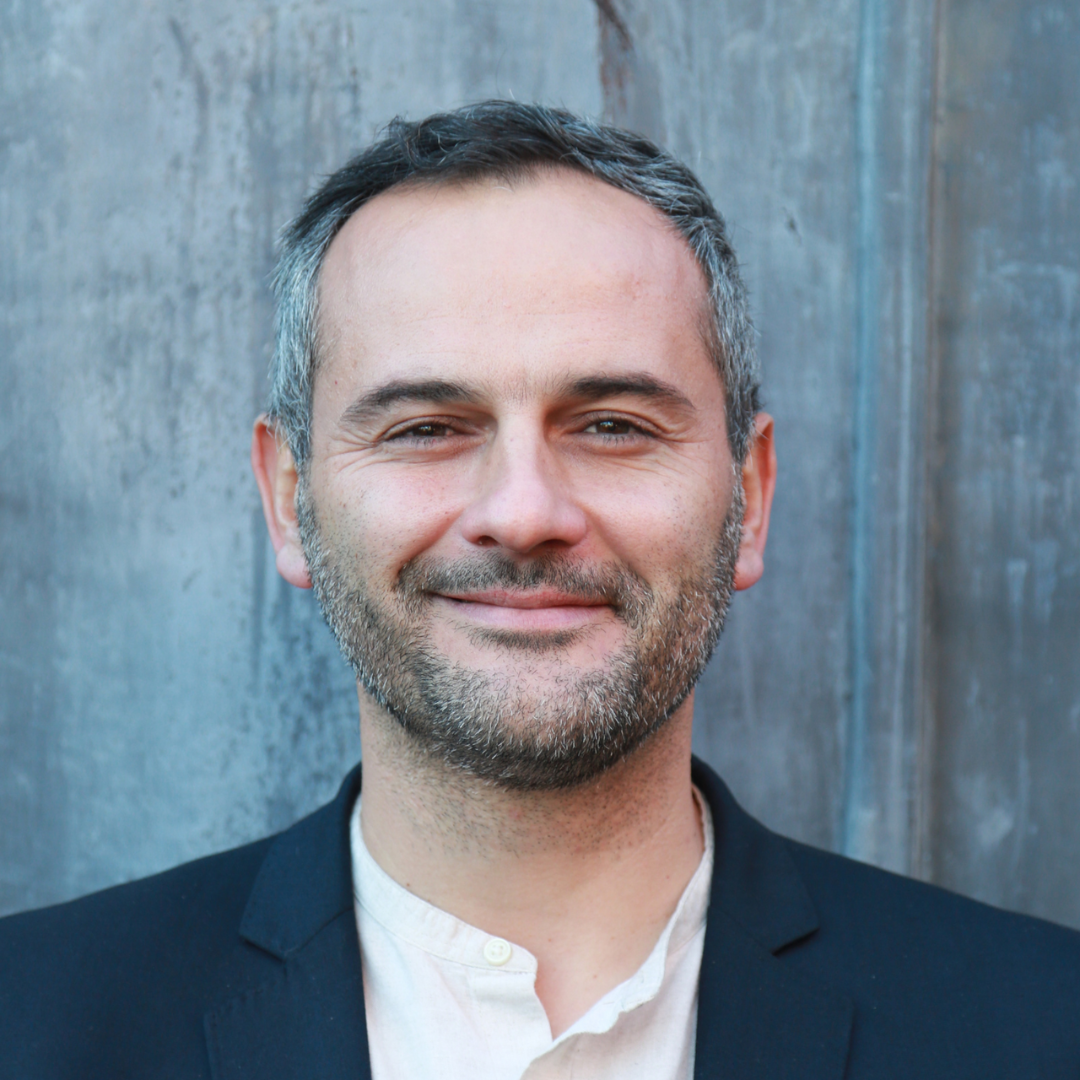 Dr Pedro Marques, Departmental Lecturer
Dr Pedro Marques, Departmental Lecturer
Keywords: Regional development, public policy, institutions, governance, innovation, industrial policy.
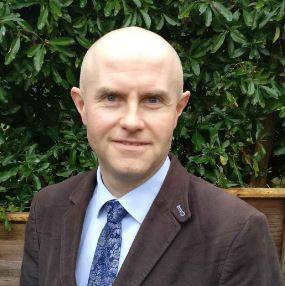
Keywords: Urban and regional economies; shrinking cities; resilience; economic convergence, divergence and territorial cohesion; fiscal federalism.
 Dr Matthew Hardy, Tutor
Dr Matthew Hardy, Tutor
Keywords: Sustainable urbanism; urban resilience; European architectural history and climate.
 Mr Ben Bolgar, Tutor
Mr Ben Bolgar, Tutor
Keywords: Eco towns; green buildings; placemaking; urban regeneration; traditional urbanism and rapid urbanisation.
Resources and facilities
The course aims to enable students to make the most of the University’s resources (e.g. its libraries and computer facilities), to provide a high quality of academic and pastoral support, and to maximise the potential for learning within a peer group.
All students can take advantage of the excellent dining facilities and common room bar at Rewley House, where they may relax and network with others on the programme. See Facilities and Services at the Department for more details.
Library facilities
Students will have access to the electronic online resources of Oxford University's Library Services, including the Bodleian Library, and all other University libraries. Students, using their University card, can also use the in-person facilities of the Bodleian Libraries.
IT requirements and facilities
This course uses the Department’s online assignment submission system. In order to prepare and submit your course assignments you will need access to the Internet and a computer meeting our recommended minimum computer specification.
Students of this course may use the student computing facilities provided in Departmental buildings.
Accommodation
Accommodation costs are not included in course fees however the Department offers a full residential and catering facility in Oxford. Rewley House accommodation has been rated as 4-Star Campus Accommodation under Visit England. See accommodation details.
Application details
For information about entry requirements and how to apply, please visit the MSc in Sustainable Urban Development page on the University of Oxford Graduate Admissions website.
If you have any questions about the progress of your application, please contact the Course Administrator, email: sud@conted.ox.ac.uk, or the Graduate Admissions Office, tel: 01865 270059; email: graduate.admissions@admin.ox.ac.uk
Application deadlines
12:00 midday UK time on:
- Stage 1: Friday 15 November 2024 (Applications more likely to receive earlier decisions)
- Stage 2: Wednesday 29 January 2025 (Latest deadline for most Oxford scholarships)
- Stage 3: Tuesday 4 March 2025
- Open field: Friday 18 April 2025
- Final deadline: Friday 9 May 2025
When to apply
We strongly recommend that you apply as early as possible. After the March deadline, the course will only stay open for that year's entry if places are still available.
Remember that it can take a number of weeks to obtain all of the documents you need and to prepare a competitive application. You should also allow your referees plenty of time to submit your references. We therefore recommend you apply as soon as possible. For help and guidance on submitting your application form, please see here.
Interviews are normally held as part of the admissions process within six weeks of the application deadline.
Fee rates for the academic year 2025-26
These rates (in pounds sterling) are for students joining in the 2025-26 academic year and will increase annually.
An Annual Award Fee is due for every academic year (or part-year) attended, and there is a minimum of two Annual Award Fees payable. Module or Dissertation Fees are payable in advance as invoiced. A Module Fee is payable in respect of each teaching week. The Dissertation Fee is comprised of three Module Fees. Fees must be paid in accordance with the Terms and Conditions for the programme.
- Annual award fee: £12,025
- Module fee: £2,640
- Dissertation fee: £7,920
Illustration for full programme (completing in two years, with eight teaching weeks and a dissertation):
Year 1:
Annual Award Fee: £12,025*
plus 5 Module Fees: £13,200*
Total Year 1: £25,225
Year 2:
Annual Award Fee: £12,025*
plus 3 Module Fees: £7,920*
plus Dissertation Fee: £7,920*
Total Year 2: £27,865*
Total= £53,090*
*Notes:
- The fee rates listed are for the academic year shown, and you should be aware that these rates will increase annually.
- The Illustration is based on the fee rates for the academic year shown; however, fee rates for attendance in future years will increase, so students attending for more than one year should expect the total to be higher than is shown in the Illustration. The exact amount will depend on the fee rates set annually, and upon the years you are in attendance; these are normally published well before the start of each academic year, but for your own budgetary purposes you may wish to estimate a 7% annual increase on fee rates.
Scholarships and sources of funding
The MSc Sustainable Urban Development Programme Scholarship is open to anyone applying for the MSc in Sustainable Urban Development.
You will be automatically considered for a Clarendon Scholarship if you are made a conditional offer following the January deadline. You do not need to submit a separate application. Clarendon scholars are selected for their outstanding academic merit and potential.
For details on college scholarships for part-time graduate students, please visit the University's Graduate Admissions funding guide. Further details can also be found on the University's Fees and Funding page.
Details of funding opportunities, including grants, bursaries, loans, scholarships and benefit information are also available on our Sources of Funding page.
English language ability
Prospective students whose first language is not English should note that English language certification at a higher level is required, and any offer of a place will be conditional on the receipt of an original certificate (see the ‘Notes of Guidance’). Please see the entry requirements on the Graduate Admissions course page for more details.
Visas
International applicants, please note that it is not possible to be resident in the UK on the basis of this course. As the MSc is a two-year, part-time course, it does not have the number of teaching hours per week required for a student visa, and international students will not be permitted to live in the UK on the basis of undertaking the course.
International students must research whether they require a visa, and if so, obtain an appropriate visa to cover their time in England before coming to the UK.
If offered a place on the course, please note that your offer is made on the basis of our entry requirements and does not necessarily mean you will be eligible to apply for a visa to study. We can provide a letter in support of Visitor visa applications to students accepted on to this course.
For information on visas, please refer to guidance from the University:
See also guidance from the UK Council for International Student Affairs (UKCISA).
Contact information
If you have any questions about this course, please email: sud@conted.ox.ac.uk
Student spotlights
Discover how our current and former students have used the MSc in Sustainable Urban Development for career progression or further study. View all student spotlights here.

